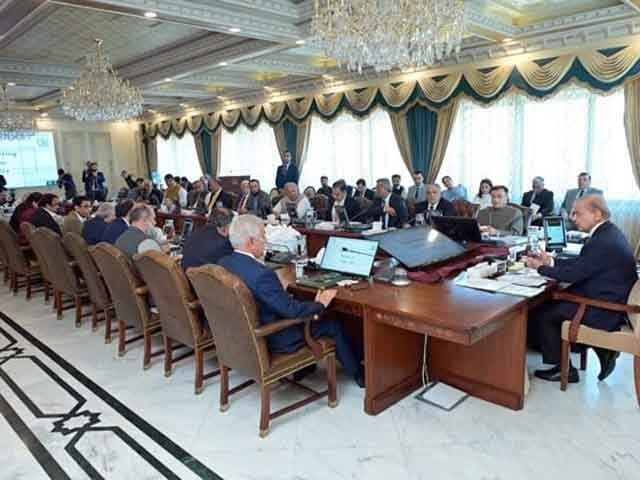Cutting govt’s size finally
Still, many are sceptical something concrete will emerge this time around

At the turn of this century, the economic-intellectual scene in Pakistan was totally dominated by economists, who never gave a thought to the growing size of the government.
Although it is still they who largely define the national economic scenario depending on the ever-increasing size of the government, an alternative economic narrative has emerged that is becoming clearly visible. Now, the government has to acknowledge its bigger and bloated size and do something about it. This dent in the dome of the statist economists has been caused by the slow and steady hammering by a group of classical liberals who, around the year 2000, started questioning the rationale of the unlimited size of the government, the delivery of which was nothing but zero. At present, it has entered the red zone.
As this group, which initially consisted of a handful of persons, gradually won the support of intellectuals and economists from other domains and institutions, their views generated a hum and, finally, their strengthened voice somehow succeeded in resonating in the closed ears of those slumbering in the power corridors.
It was in March this year that the incumbent prime minister, Shehbaz Sharif, formed a committee and tasked it with reducing the federal government’s size and rationalising pension and development expenditures. The main objective of the committee was to suggest institutional reforms and cut the size of the government.
In fact, there have been now and then, a plethora of attempts by various governments at rightsizing and downsizing its body politic, but these have always proved to be merely political fads.
Likewise, as is the case, almost every government fashionably tries to present itself as a frugal one, and thus goes for austerity and cutting expenditures, though no substantial saving comes out of it but a bigger spending somewhere else. It’s all a cycle of penny-wise, pound-foolish optics.
Like a government that is in dire economic straits, the Shehbaz Sharif administration too, who knows, may be acting in earnest or not in earnest, however, apart from any political and such optics, the government has put the issue of the size of the government at least on the table and on its agenda. Not only did the government put it on the agenda, it has set parameters to proceed in this regard. Somehow, that’s a good omen.
Soon after the announcement of 2024-25 budget, the prime minister constituted a high-powered committee on rightsizing the federal government for a detailed review and analysis on the basis of the initial work done by an earlier committee. The committee is going to present its recommendations within 75 days to the prime minister.
The terms of reference of this committee are as follows:
1) Propose an architecture for functions of the federal government that can be undertaken in private mode; ascertain functions requiring public finances that can be performed in private mode; and analyse whether the remaining functions have an appropriate and economical architecture corresponding to them.
2) Determine the functions that are entirely provincial with no international obligation and without affecting the common market principles.
3) Recommend a concrete plan with a clear way forward and methodology, along with ascertainment to safeguard assets, human resources and other ancillary issues.
4) Any other issue relevant to the scope of work assigned to the committee.
Given the historical track record of various governments, one must remain sceptical with a tinge of hope about something to materialise in reality this time around. Notwithstanding the longstanding despair, there is no denying the fact that the issue of the size of the government is finally on the agenda, and future governments will also not be able to ignore it.
The writer is affiliated with the PRIME institute as a distinguished research fellow



















COMMENTS
Comments are moderated and generally will be posted if they are on-topic and not abusive.
For more information, please see our Comments FAQ